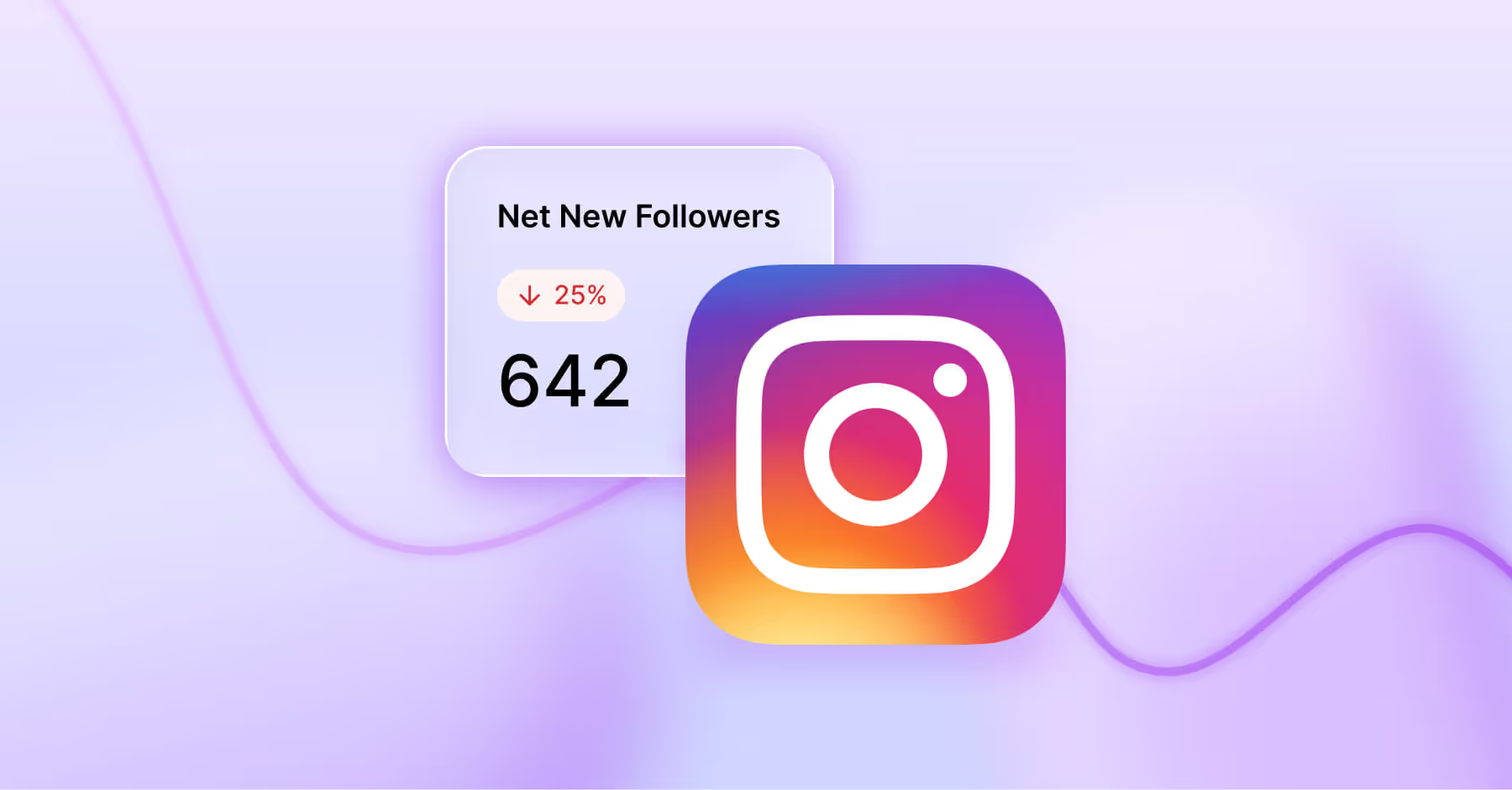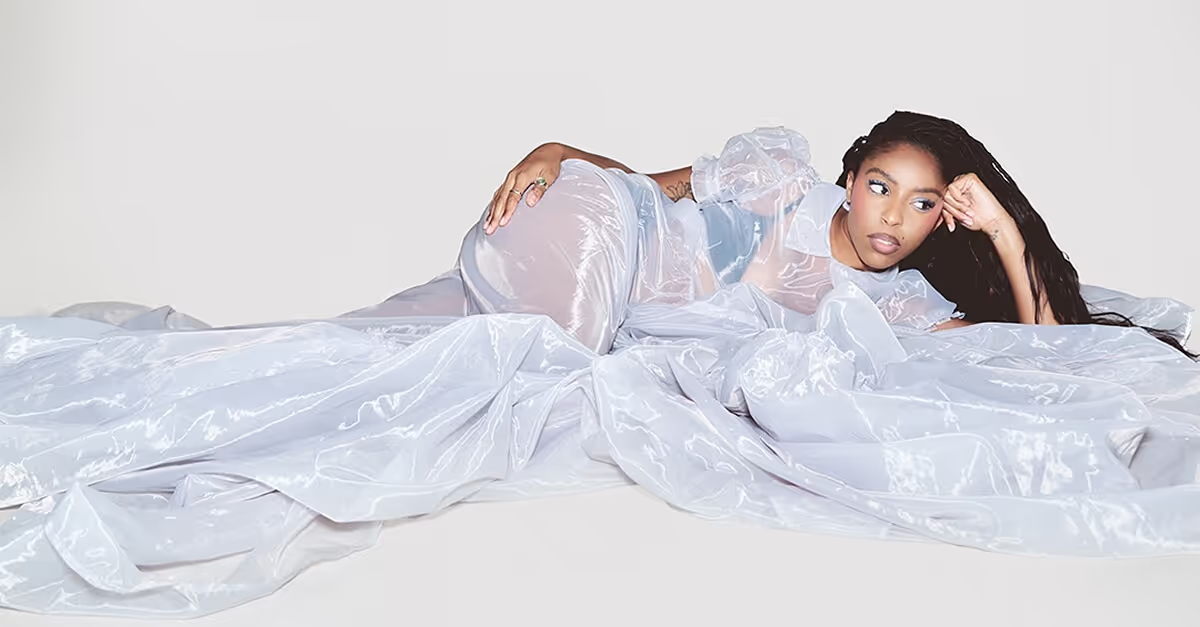Everything You Need To Know About Instagram Creator Accounts
Should your brand be using a creator account on Instagram? Read on to find out.

First, there was the Instagram profile, and then came the one-size-fits-all Business Profile. Now the Instagram Creator Account has been added to the mix. This begs the question, who should have which profile?
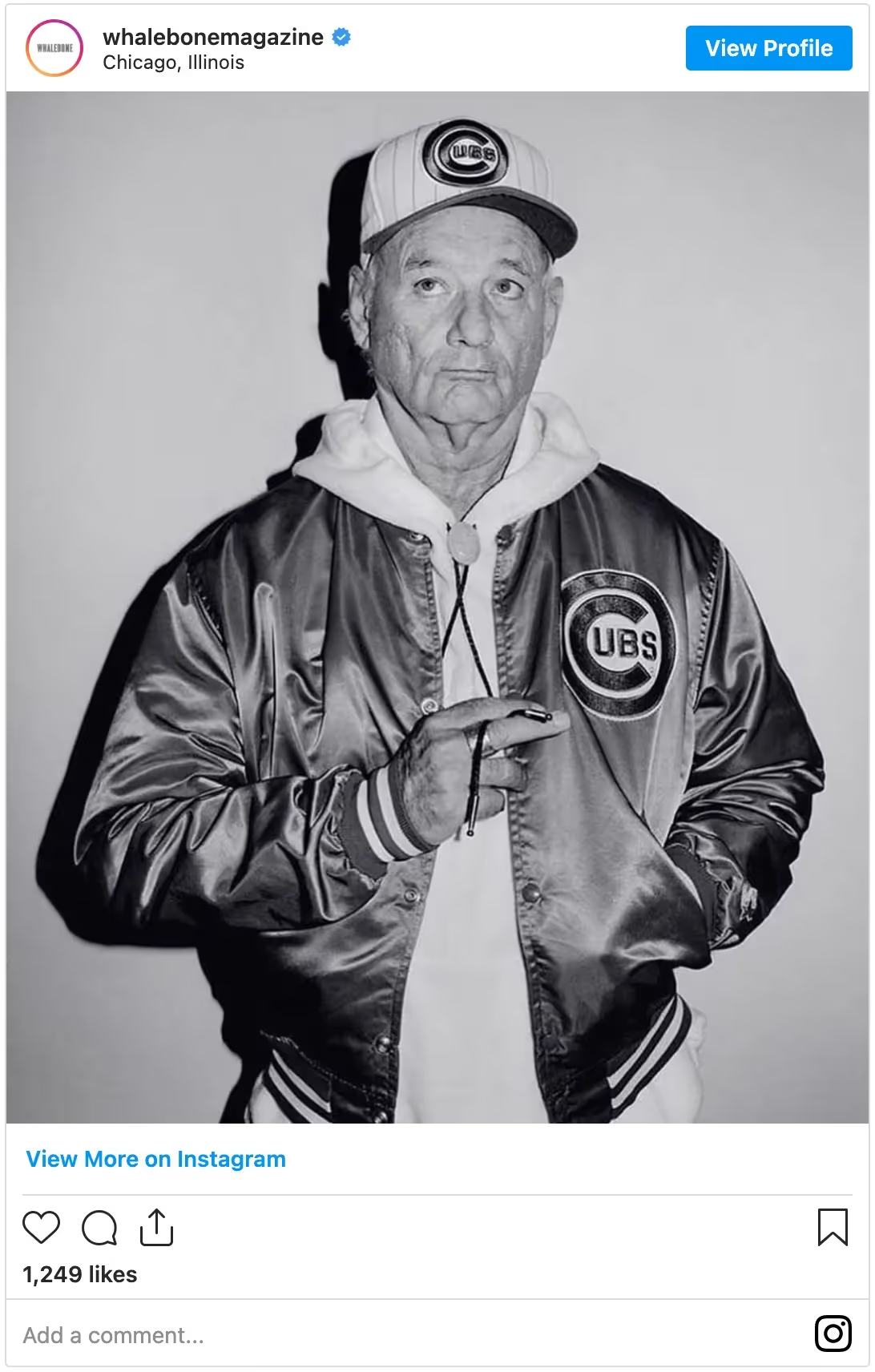
What Is a Creator Account on Instagram?
Instagram first launched the Instagram Creator Profile option as a test at the end of 2018, and now any user can elect to have a creator account. You heard that right—it’s not exclusive to users with a certain number of followers, or who have been blessed with the sacred blue checkmark. The launch of creator profiles was primarily aimed at users who have been using a business account, but don’t operate under a traditional business model. Think: influencers, celebrities, politicians, authors, or any household name. Many of these users have larger audiences than companies and often leverage Instagram to build personal brands and to earn a little extra dough. This makes access to analytics to understand follower growth and trends on their account important to finding success on Instagram.
Since brands have been leveraging Instagram as a revenue-generating channel with the opportunity for a link in bio, shoppable links, and paid partnership tools, Instagram is acknowledging that there is another category of users who require a unique set of tools to get the most out of the visual channel. Enter the Instagram Creator Account.
Who is an Instagram Creator Account For?
While there’s no denying that influencers are some of the most prominent players on Instagram, they’ve been stuck in a mysterious gray area between being considered a business and a typical Instagram user. Many influencers and other celebrity personas opt for business profiles to gain access to follower Instagram insights, call-to-action buttons on their profiles, and other exclusive tools that aren’t available to regular users with a personal account. Although business accounts provide beneficial tools to influencers, they have been an umbrella solution for everything under the sun, from micro-influencers to celebrities, and conglomerates. So, it was due time that Instagram launched an alternative with influencers and content creators in mind. But can just anyone have a creator account on Instagram? Yes, of course! There are no Instagram creator account requirements needed.
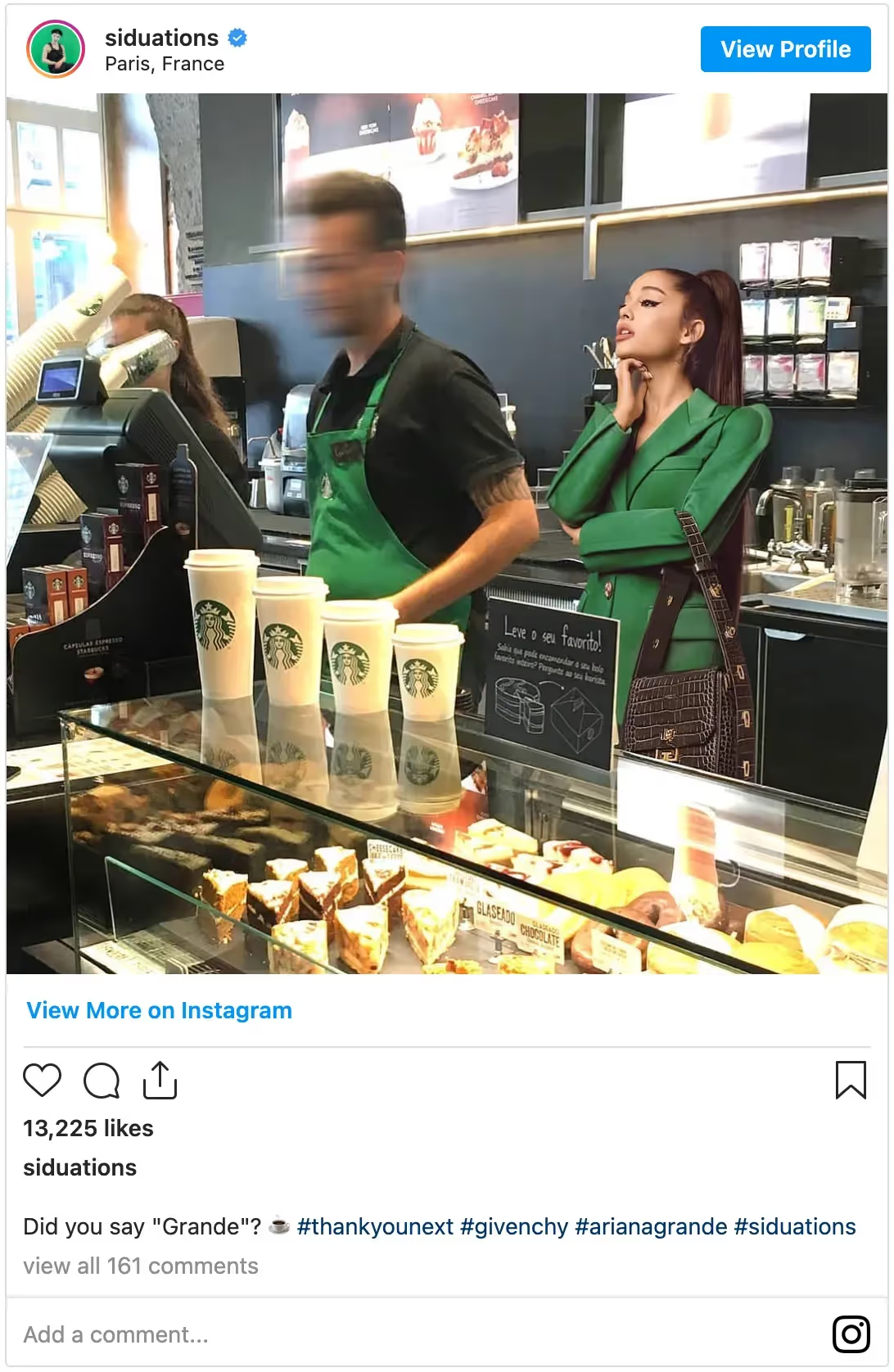
Instagram Creator vs. Business Account: Which Is Right for You?
First, it’s important to establish that there are three types of Instagram profiles. A personal account, a business account, and now, a creator account. A personal account is what most users have currently. It’s ideal for those who are looking to interact with friends, family, celebrities, and brands they love. What is missing are the metrics and insights that are crucial for businesses and influencers alike. These are things that are available both with a business and a creator account.
So, what is the difference between a creator and a business Instagram account? Is it better to have a business or creator account on Instagram? The two types of accounts are referred to as "Professional" accounts, and while the differences between the two options are not significant, the nature of the creator profile is designed for an individual user (i.e. an actor, athlete, or designer for example) while the business profile is aimed for accounts that represent companies that are selling products or services.
Instagram Creator Profile
The introduction of creator profiles ultimately gives users with a side hustle or who have earned a name for themselves, the chance to have Instagram profiles with the best of both worlds. Users don’t have to sacrifice the analytics of a business account for the privacy and personal benefits of a regular account.
Creator profiles equip users with a set of tools to “control your online presence, understand your growth and manage your messages.” The three key features that come with a creator account include a streamlined inbox, growth insights, and alternative options for displaying contact information and category labels. Ashley Yuki, a product manager at Instagram, says that creators are "an important part of our community." She adds, "we want to make sure that Instagram is the best place, and the easiest place to build fan communities and also build [creators'] personal brands."
Let’s quickly look at what actually comes with the new Instagram creator account:
1. Next Level Insights
Creator accounts get more granular when it comes to follower analytics than regular business profiles. Creator profiles can access daily data on audience growth, and the specific content that was connected to either the spike or dip in followers. Business accounts currently only give users access to weekly data, and it doesn’t include the functionality to connect it to the content that was posted in that timeframe.
2. Inbox Upgrade
Creator profiles can filter their inbox and direct messages with three tabs: Primary, General, and Requests. The Primary folder is intended for messages that users want to receive notifications for. The General folder is for any messages that a user does not want to receive a notification for, and the Request folder is for messages from anyone that the user does not follow. Creators can move messages between folders and prioritize messages from friends and family. This means users are no longer forced to mix business with pleasure on Instagram; they can have a separate inbox for each.
3. Profile Options
Instagram has provided Creator Accounts with more label options than ever, which means you’ll finally be able to find the perfect label for you and your brand. And unlike business accounts, creator profiles have more flexibility on what they choose to include as a Call-To-Action on their pages. Creators can remove the click-to-call and email options. Although they do have fewer CTA options than the typical business account, this is Instagram’s solution for non-traditional businesses that are solely operating on social media without a storefront or office, and of course for users who aren’t looking to share their digits with the world.
What can’t an Instagram creator account do? Unfortunately, this account type cannot connect to any third-party scheduling apps. Creator account users can only schedule their feed and IGTV posts through the Instagram Creator Studio on their desktop.
Instagram Business Profile
Instagram business accounts are exactly that: all business. With this type of account, brands and businesses are still able to access all their important metrics and insights, but there is less of a personal touch in comparison to the creator account. Business accounts have the ability to promote individual posts as ads, create shoppable posts where you can sync your store, and the addition of a label beneath your display name to tell users what your business is about. One of the most important aspects of the business account is the CTA buttons that allow users to interact with the business directly by being able to contact customer service through phone and email, or to book an appointment or reservation.
Another differing factor between Instagram Creator vs a business account is the fact that business accounts have the ability to connect to third-party scheduling apps. This is ideal for a brand or business that plans content days, weeks, or months in advance, as these third-party apps often provide more nuance than the efficient, but simple Creator Studio provided by Instagram.
One important difference to note is that if you choose an Instagram Business account, you will not have the option to go private. With an Instagram creator account, you can.
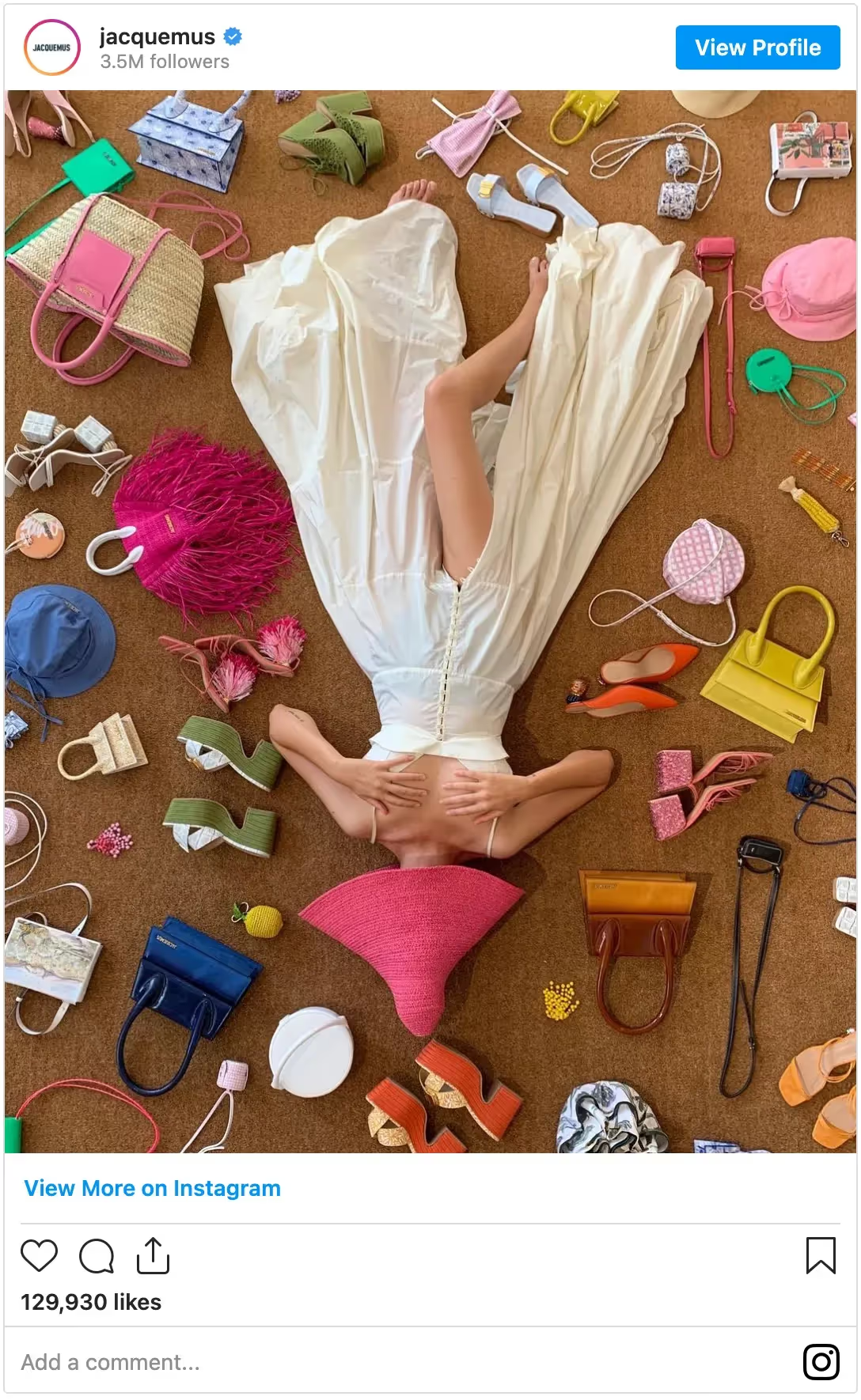
How To Switch to a Creator Account on Instagram: Step-by-Step
Have you been using a personal or business account on Instagram all this time, and it’s never felt quite like it was the right fit for you and your brand? It sounds like you’re ready to make the switch to the creator account. Here is the process in four easy steps:
Step 1 – Navigate to Your Profile Settings
Head to your account profile. Click the menu in the top right-hand corner. From the settings menu, select the Account option.
Step 2 – Select the Creator Account Option
There are two possible options here. If you’re switching from a personal account, you will select Switch to a Professional Account. If you’re switching from a business account, you will select Switch to a Creator Account.
Note: If you’re making the switch from your personal account, you will be given the option to choose between Creator and Business.
Step 3 – Refine Your Account Details
Once you’ve established the switch, it’s time to add in the details. You will be prompted to choose a label that best describes your brand’s intention, the option to link to your Facebook page, and the ability to review your contact information. This will be how users can contact you from your profile.
If there’s anything you aren’t sure about, you can always skip. There’s the chance to go back and edit these options later if you change your mind.
Step 4 – Explore Your New Account
As we’ve already touched on, an Instagram creator account has so many exciting features for influencers. We recommend heading right to the Insights tab, where general metrics are broken down into 3 categories: Content, Activity and Audience.
The Content tab shows you everything you’ve posted in the last week and their performance insights. The Activity tab lets you know just how many interactions users have had with your profile, as well as how many times your profile has been discovered for the first time in the last week. And finally, the Audience tab gives you the most valuable information about your community and its demographics.
Don’t forget to head to your inbox where you can see the updated format with Primary, General and Request options that allow you to sort your messages accordingly.
Note: If you’re wondering how to switch back to a personal account on Instagram, it’s easy. Follow steps 1 and 2 to restore your previous account properties.
Is the Switch Worth It?
The answer to this question isn’t a simple yes or no. It’s entirely dependent on whether you are marketing your brand as an individual, or trying to get your business off the ground. You may prefer the privacy that the creator account allows, or the efficient third-party auto-publishing that can be done with a business account.
One thing we do know is that the social media landscape never stops evolving. The introduction of the Instagram creator account is evidence that Instagram sees how the space is changing, and is addressing the features that are needed to make the social world a better place. The birth of influencers has pushed us all to reconsider what it means to be classified as a “business" and the launch of creator accounts appears to be Instagram’s answer to the nontraditional business category of influencers. The creator profile provides a clearer path for influencers to leverage all that Instagram has to offer, while differentiating individuals from business entities.
Instagram Creator FAQs
What happens when you switch to a creator account on Instagram?
Users immediately have access to all the perks that come with the creator account. For people visiting your profile, almost nothing will change, but when it comes to what you can do in the background, there are plenty of new things to learn.
Can a business have a creator account?
Technically, yes. But if you’re a business owner and looking to make the switch, keep in mind that the creator account was created specifically with individual creators in mind, not all-encompassing brands or businesses like the business account option.
Do creator accounts get more followers?
Just switching to a creator account will not immediately begin growing your following, but it will give you data and insights about your best-performing posts, follower demographics, and more that you can leverage in order to organically increase your following over time.
When it comes to engagement, there are always rumors swirling that a creator account = less engagement, but that is simply untrue. As long as you have a great content strategy and produce solid content for your followers, you should be fine.
How can you tell if someone has a creator account on Instagram?
The easiest way to tell if someone has a creator account is by checking their label which is located under the account name. One of the benefits of a creator account is the ability to add a label to tell visitors to your profile what you do or who you are. Some examples of popular labels are: Influencer, Artist, Video Creator, Blogger, etc.
How to change creator account to private on Instagram?
Unfortunately, you can only make a personal Instagram account private. To make a creator account private, the user will first need to switch to a personal account — to do this:
- Click the menu on the top right-hand of page,
- Select 'Settings',
- Select 'Account',
- Select 'Switch Account Type',
- Click 'Switch to Personal Account' and 'Confirm',
- Your creator account is now a personal account.
To make a personal account private:
- Click the menu on the top right-hand of page,
- Select 'Settings',
- Select 'Privacy',
- Switch toggle under 'Account privacy',
- Your personal Instagram account is now private.





